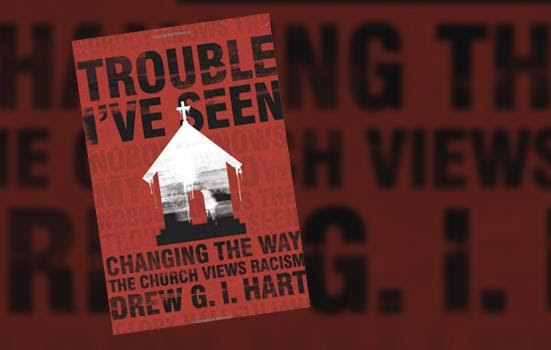An Understanding Mind

"At Gibeon the Lord appeared to Solomon in a dream by night; and God said, 'Ask what I should give you.' And Solomon said, 'You have shown great and steadfast love to your servant my father David, because he walked before you in faithfulness, in righteousness, and in uprightness of heart toward you; and you have kept for him this great and steadfast love, and have given him a son to sit on his throne today. And now, O Lord my God, you have made your servant king in place of my father David, although I am only a little child; I do not know how to go out or come in. And your servant is in the midst of the people whom you have chosen, a great people, so numerous they cannot be numbered or counted. Give your servant therefore an understanding mind to govern your people, able to discern between good and evil; for who can govern this your great people?' It pleased the Lord that Solomon had asked this. God said to him, 'Because you have asked this, and have not as...





